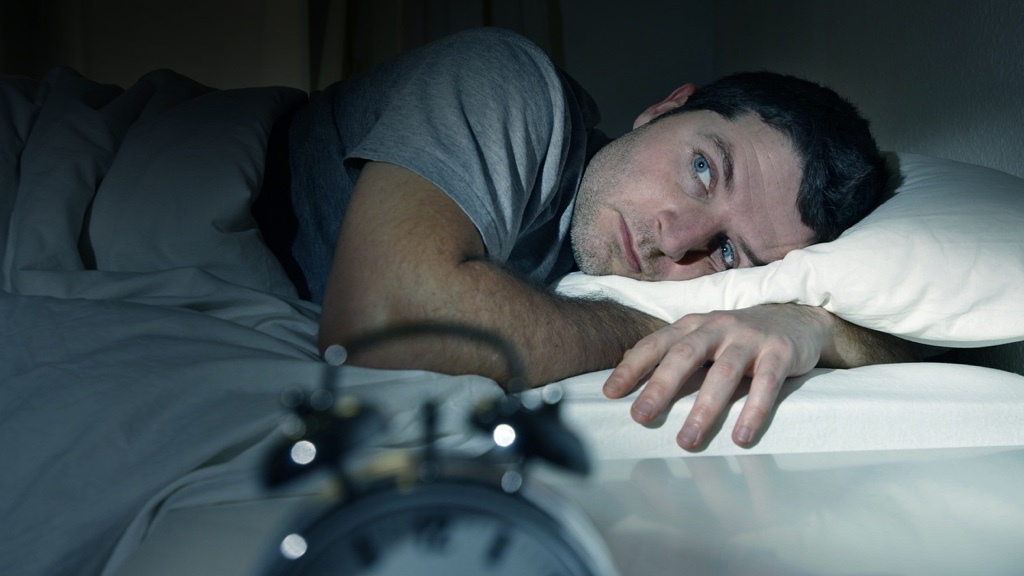Your to-do-list is a real sleeping pill
Datum: 2024-09-16 09:03

There are nights when some of us just cannot seem to fall sleep. The thoughts of everything they need to remember and have going on at work keeps spinning in their minds. They are tired alright, but still cannot settle down enough to fall asleep. Research conducted by the Canadian Charles M Morin suggests that this is most common at the beginning of the workweek when we still have a lot ahead of us to do before the weekend.
For you who prefer listening to reading, this post is also available as an episode of the “Done!” podcast:
A powerful remedy
There is a remedy to this ailment — and now even evidence that it actually works. A study with the informative title of ”The Effects of Bedtime Writing on Difficulty Falling Asleep: A Polysomnographic Study Comparing To-Do Lists and Completed Activity Lists” by Michael K Scullin et al at the Baylor University in Texas was recently published. This is supposedly the first study that actually puts the common household remedy of writing down everything spinning in your mind so that you can fall asleep easier, to the test.
It is certainly a very common tip, but does it really work?
What you have to do or what you have done
Fifty-seven participants were divided into two groups, where the first group was asked to take five minutes just before going to bed to write down everything they could remember that they had done in the past few days, and the second group was instead asked to write down everything they could think of that they had to do in the upcoming few days.
The researchers concluded several things, but two of the conclusions were that:
- The people who wrote down what they still had to do (a sort of to-do-list, if you will) fell asleep significantly faster than the other group.
- The more specific and thorough they were when composing their list, the faster they fell asleep. Meaning, that a properly formulated to-do-list is more or less a quite effective lullaby.
Try this
If the problem of falling asleep due to a lack of sheep to count and an overload of thoughts spinning in your mind sounds all too familiar, make a point of getting yourself a bedside pen and pad.
Whenever your mind goes haywire, grab the pad and write down all the things you need to remember to do, as concrete and clearly as you possibly can.
More rested
Judging by the study mentioned, you will fall asleep sooner if you empty your mind of to-do-tasks gone astray. What being more rested and having longer night rest would mean to you, only you know.
What’s your way?
Do you have some other trick for falling sound asleep when you have a lot going on at work or in life? Email me and share your tip.
(Do you know the screen setting that makes you sleep better after evening work?)
There's more!

If you want more tips on how to create good structure at work, there are many ways to get that from me - in podcasts, videos, books, talks and other formats.




